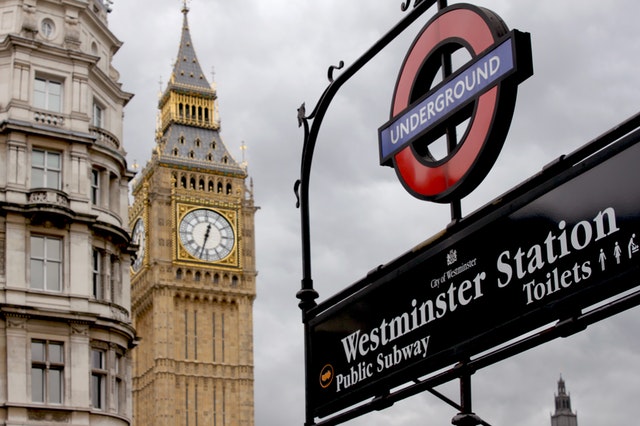The government’s new Strategic Vision for Rail, published 29 Nov. 2017, contains a curious mix of proposals built on questionable conclusions. It is undeniable that there has been a significant increase in passenger rail use over the last few years and, equally, that this is putting huge strain on a railway network that is aged and expensive to maintain let alone update.
Whilst the proposals state that passengers ‘deserve a more reliable and efficient service’, there is no attempt to quantify outcomes. The Department for Transport talks about getting TOCs and infrastructure (public and private sector) working closer together which sounds positive. But what it actually means for the country is unclear – a railway network that costs less, is more sustainable, more efficient and delivers a better customer service? As usual we have government department that is policy heavy, outcome light with no indication as to who has signed up to this change, nor any indication as to what it will deliver in improvements to service, reduction in costs, increases in revenue.
Businesses are not run in this way. A CEO is responsible for setting the strategy for the business and identifying the resulting outcomes. They are paid to deliver the combination of lower costs, greater efficiency and increased customer satisfaction that leads to greater profitability. If they don’t, they’re out.
Ministers enter a new role with no real-world experience in the area they are suddenly in charge of, just a broad appreciation that there are problems. Very quickly they have to come up with answers, yet they may not actually be sure what the real problem is. A new CEO takes time to get to know the business they are in charge of, their customers and workers on the front line and in back-office depts. As well as all the processes that define the outcome the company delivers to its customers. They go in with an open mind, trying not to assume they know what the problem is. Exploring for themselves can help identify what the root cause is – which more often than not is something else entirely, that requires a different solution.
For once it would be nice to hear a Ministry / Department thinking like a CEO, learning what the problems are first hand and then defining the strategy and identifying the projected outcomes in numerical terms, i.e. by what % will services improve and by when. Trouble is, it’s easy to create policy when you’re not accountable for the outcomes, and when you’re driven by big headlines and aren’t worried about the future because you’ll have moved on long before the changes are completed and passengers see any improvements to the service.
I know it’s unusual to ask a Minister and civil servants to put their job on the line for the outcomes of the new policy initiatives they come up with, but it’s time for politicians to be made truly accountable. It might encourage them to start thinking long term, not just for their term of office.
DfT, I suggest you need to start thinking more like CEOs and less like politicians if you want a positive legacy of your time in charge of our railways.
